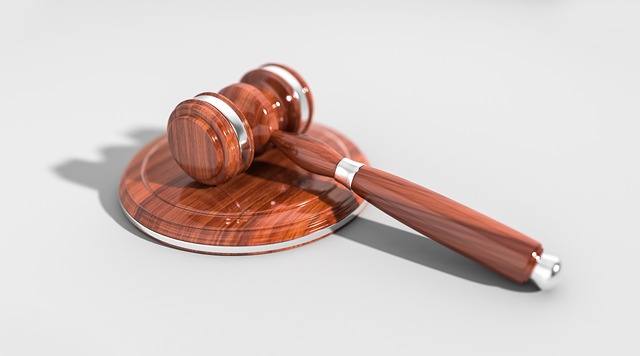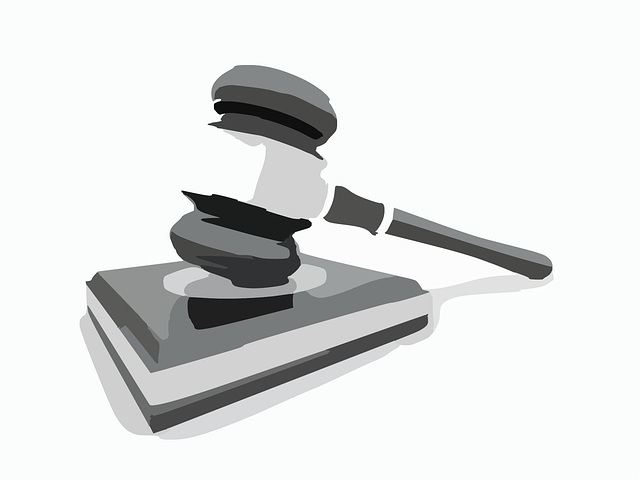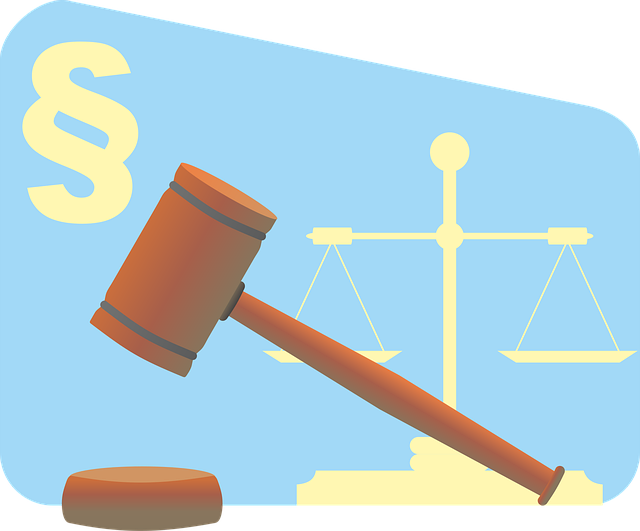Specialized lawyers play a crucial role in mitigating penalties for white-collar crime cases due to their deep understanding of corporate structures and legal loopholes. They scrutinize evidence, identify procedural errors, and develop defensive strategies to portray accused as responsible citizens with genuine mistakes, ultimately reducing consequences through plea deals and reduced sentences.
“Criminal Law Enforcement faces unique challenges in white-collar crime cases, where strategic defenses and intricate legal strategies play a pivotal role. This article delves into the intricacies of understanding white-collar crimes, their distinct penalties, and effective defense mechanisms. We explore how mitigating penalties can be a game-changer for accused individuals.
Key topics include recognizing legal loopholes, leveraging evidence, and employing strategic approaches to navigate the complex landscape of white-collar crime prosecution, ultimately focusing on successful outcome strategies.”
- Understanding White-Collar Crimes and Their Unique Challenges
- Strategic Defense Approaches for Mitigating Penalties
- The Role of Evidence and Legal Loopholes in Case Outcomes
Understanding White-Collar Crimes and Their Unique Challenges

White-collar crimes, often associated with financial or business transactions, present distinct challenges compared to traditional street crimes. These offenses, ranging from fraud and embezzlement to money laundering and tax evasion, are characterized by their complex nature and lack of physical violence. Understanding these crimes requires delving into the intricate web of corporate structures and individual motivations. The unique aspect of white-collar cases lies in balancing the need for justice with the complexity of investigating and prosecuting high-level professionals, often involving sophisticated financial schemes.
Mitigating penalties in such cases is a delicate task. Lawyers specializing in white-collar defense play a crucial role in navigating these complexities, ensuring that corporate and individual clients receive fair treatment. Their expertise involves scrutinizing evidence, identifying procedural errors, and leveraging legal loopholes to achieve favorable outcomes. With an unprecedented track record of success, these attorneys are adept at negotiating plea deals, constructing robust defenses, and advocating for reduced sentences, thereby addressing the challenges posed by white-collar crime cases effectively.
Strategic Defense Approaches for Mitigating Penalties

In navigating the complexities of criminal law enforcement, particularly in white-collar crime cases, strategic defense approaches play a crucial role in mitigating penalties for accused individuals and corporations alike. One key strategy involves understanding and leveraging specific legal loopholes to challenge the prosecution’s case, aiming to avoid indictment or secure more lenient sentences for his clients. These defenses can range from challenging the admissibility of evidence to questioning the intent behind allegedly criminal actions, thereby demonstrating that corporate or individual clients were not motivated by malice but rather made reasonable business decisions under ambiguous legal guidelines.
Another effective approach is building a robust defense narrative that portrays the accused as responsible citizens who have made mistakes without intentionally breaking the law. This may involve presenting compelling character evidence and showcasing cooperative behavior towards authorities, which can be instrumental in avoiding harsh penalties. By employing these strategic defenses, lawyers can help their clients navigate the legal system more effectively, ultimately aiming to mitigate the consequences of white-collar crimes.
The Role of Evidence and Legal Loopholes in Case Outcomes

In criminal law enforcement, evidence plays a pivotal role in shaping case outcomes. The strength and admissibility of evidence can significantly influence the verdict, especially in complex high-stakes cases across the country. Prosecutors and defense attorneys alike meticulously navigate legal procedures to present or challenge evidence, aiming to mitigate penalties for their corporate and individual clients.
While robust evidence is crucial for achieving justice, legal loopholes can sometimes impact the final result. These loopholes, often rooted in technicalities or interpretations of the law, may allow accused parties to evade punishment despite substantial proof against them. However, addressing these challenges requires a nuanced understanding of the law and strategic thinking, particularly when dealing with white-collar crime cases where mitigating penalties is a key focus.
In navigating the complex landscape of criminal law enforcement, understanding white-collar crimes and their distinct challenges is paramount. By employing strategic defense approaches, legal professionals can effectively mitigate penalties for clients facing these intricate cases. The article has explored evidence management and the impact of legal loopholes on case outcomes, emphasizing the dynamic nature of white-collar crime investigations. Armed with this knowledge, legal practitioners are better equipped to advocate for their clients while ensuring justice prevails in mitigating penalties within these unique judicial proceedings.






